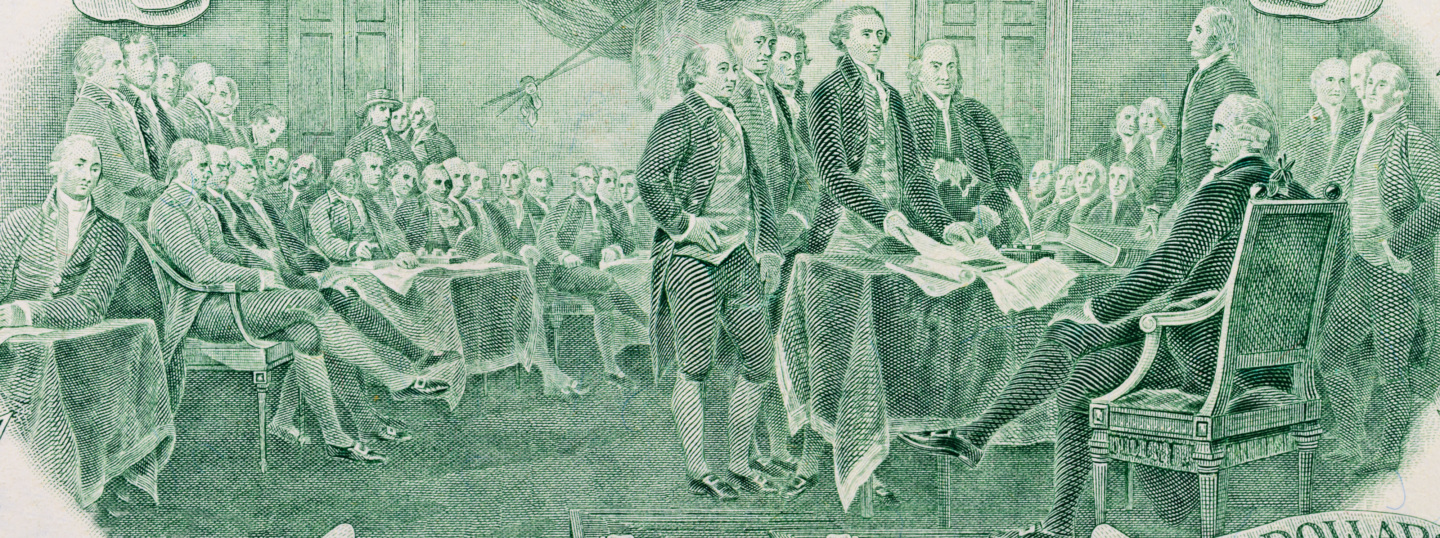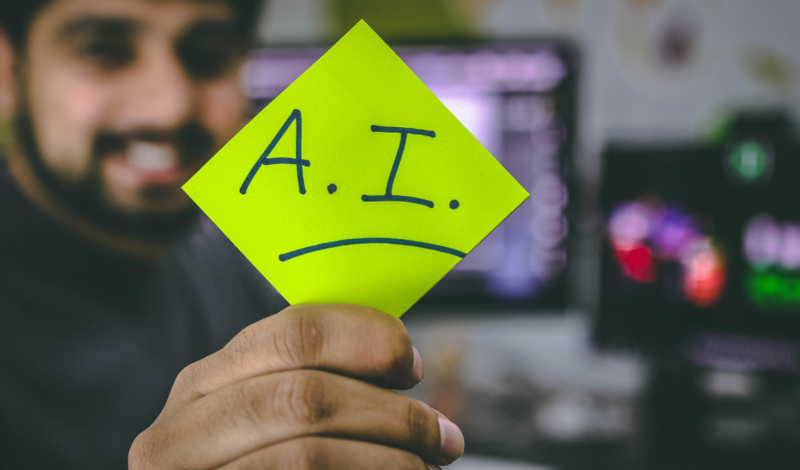

Even nation’s founders considered impact of misinformation on democracy
How are you celebrating the Fourth of July — with fireworks, a parade, a family cookout?
May we suggest sharpening your news literacy skills? Our nation’s founders would be proud of you.
While they didn’t have to contend with the 24-hour news cycle, internet trolls or disinformation-spewing bots, the Founding Fathers were concerned that misinformation could weaken their young democracy.
As Tim Libretti, a professor of U.S. literature and culture at Northeastern Illinois University, wrote last month on PoliticusUSA.com, the founders were worried about meddling by foreign powers. They also worried about the vulnerability of the population to deceit and manipulation by their fellow citizens.
America was piloting a new form of government. It was a concept based on government of the people, by the people and for the people, as Abraham Lincoln would describe it almost 75 years later. And the Founding Fathers were putting a lot of stock in the people’s ability to make sound decisions based on factual information that served the public good.
Trusting in education
John Adams had his doubts, Libretti noted. He feared that “human reason, and human conscience, … are not a match for human passions, human imaginations, and human enthusiasm.” Thomas Jefferson put his faith in the power of education.
At NLP, we put our trust, resources and hard work into the conviction that education is the most effective approach to developing a news-literate public. Our society relies on people who can think critically, engage responsibly with information, value our democracy and participate in keeping it robust.
Thanks to your support, we are working to bring news literacy education to many thousands of young people in classrooms across the nation.
In turn, these informed consumers and creators of news and other information can impart their skills to the adults in their lives.
